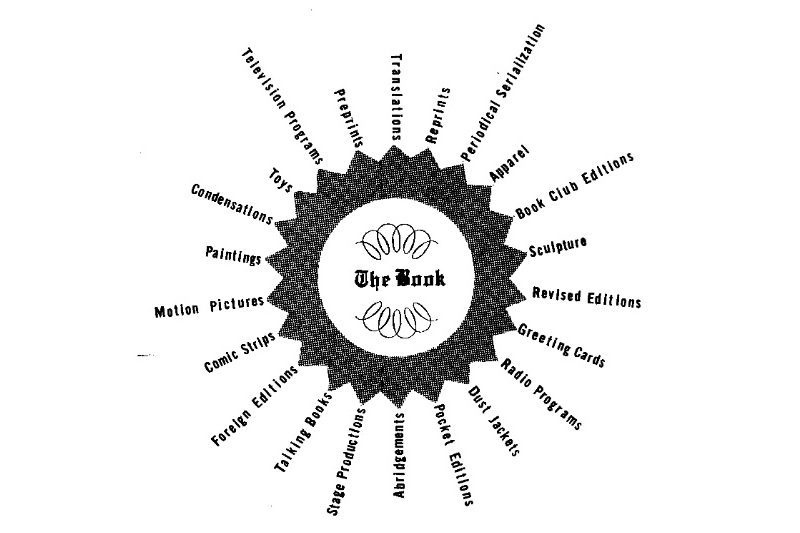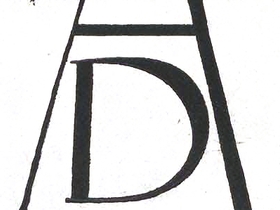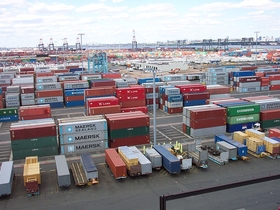As anyone who imports steel and/or aluminum knows, the United States imposed additional duties on imports of these materials in March of 2018. These duties were 25% for many steel products and 10% for many aluminum products. However, the products subject to these duties generally was restricted to steel (and equivalent aluminum) flat products, long products, pipe and tube products, semi-finished products, and stainless products. So far, these duties have been found to have been legally implemented.
On January 24, 2020 the Administration expanded these steel and aluminum duties by attempting to apply them to “derivative” articles of steel or aluminum. For steel this means nails, tacks, and similar articles, bumper stampings for motor vehicles, and body stampings for tractors. For aluminum the new duties are on various stranded wires and cables, as well as bumper stampings for motor vehicles. The decision to expand the 232 duties was based on the failure of the March 2018 duties to sufficiently raise the capacity utilization rate of domestic steel and aluminum producers. The President wanted steel mill utilization to be 80% of their capacity. However, the 2019 manufacturing recession caused by the duties made this impossible. Thus, more duties were added.
The good news for importers is that there are clear and persuasive arguments that this expansion of 232 duties is not legal. In fact, at least one company (as of this writing) has already been able to get a court order preventing Customs from collecting the duties on their entries. As of February 21, at least three or four other importers are in court pursuing similar orders as to their imports. Any company facing these expanded duties should be taking steps to preserve their right to a refund if these duties are ultimately either revoked or declared unlawful. Feel free to contact any of our attorneys to determine the best course of action for your company.




